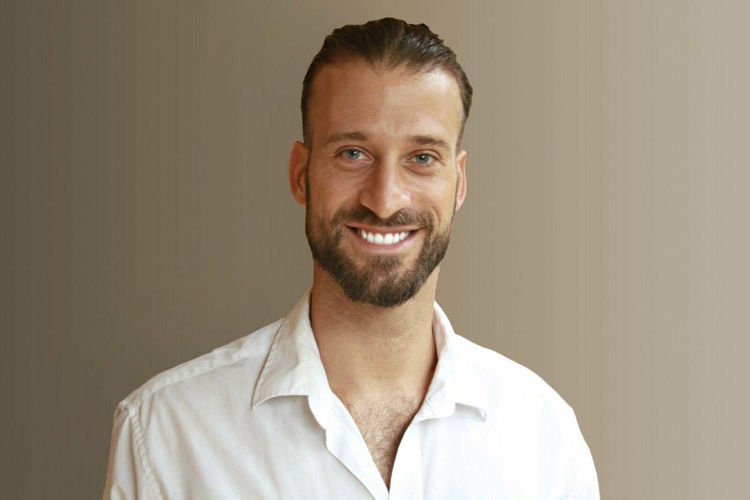Since he fought in the “Land of Fires” in 2009, Mr Catania’s involvement and interest in the society in which he lives has never ceased.
He has continued his passion for politics in Australia, through the coordination of the Five Start Movement’s (M5S) overseas “meetup”, and has demonstrated his ability to participate in community affairs.
“As soon I arrived in Sydney I was interested to see what our information channels and representative bodies were, and I decided to participate in Comites meetings,” he says.
It’s from there that Mr Catania began to create his political program, together with M5S activists in Sydney.
“From my understanding, my biggest problem is the overseas vote,” he explains.
“It’s crucial that we fight for electronic voting, because the current process does not respect Article 48 of the Constitution which calls for a personal, free and secret vote.
“Aside from the fact that the vote can be manipulated, the issue is that this system involves an enormous amount of waste from an economic and environmental perspective.”
However, many technical and practical obstacles stand in the way of a reform to the voting system.
The fact that the majority of voters in our electorate belong to a generation which is not overly familiar with technology begs the question as to whether a reform would create certain barriers for some.
The right to vote is closely connected to the Anagrafe (registry office), the famous Register of Italians Residing Abroad (AIRE), to which fewer and fewer Italian emigrants feel the need to sign up.
“A reform of AIRE is, in fact, one of the chief points of our program,” Mr Catania explains.
“Nowadays, many Italian citizens living abroad don’t sign up to AIRE because they would automatically lose the right to health care in Italy. Our ideology is based on the protection of rights.
“We are studying other countries to identify a special procedure which could allow citizens who wish to be treated in Italy, even if they are residing abroad, to contribute to Italian health care in some way.”
Therefore, the system followed by the M5S “networks skills and experience and studies successful policies in other countries to create solutions which could be applied not only to the Italian community in Australia, but Italy in general”.
For example, one idea which Mr Catania argues could be adopted is the “debureaucratisation” of diplomatic bodies through a digitalisation which would make the use of services easier, and would “guarantee less waste, more transparency and more control over the public funding of these organisations”.
The fight against waste is a recurrent theme on Mr Catania’s political agenda.
“The environment and a more sustainable economic system have an impact on the lives of everyone, from Italians residing abroad to those living in Italy.”
Although a commitment to the environment remains one of the most important issues for the M5S since its origins, many people are apprehensive about the transformation occurring within the movement, fearing a detachment from the principles behind its foundation.
On the other hand, many are questioning whether M5S representatives are capable of carrying out the difficult task ahead of them, or if they will be able to find convergence policies which would allow them to form a majority government.
To those who view the M5S with suspicion, or those fearing the changes occurring, Mr Catania responds with conviction:
“The M5S is growing; it has gained experience and is structuring itself.”
According to the candidate, the changes should not instil fear in people.
“What we are trying to carry forward is simply a path of cultural awakening with the aim of active participation and burden-sharing,” he says.
“When I was at university, I always clashed with those who preached leadership, competition or consumerism. I believe that all of these values should be substituted with collaboration, participation and a sustainable economy.”












